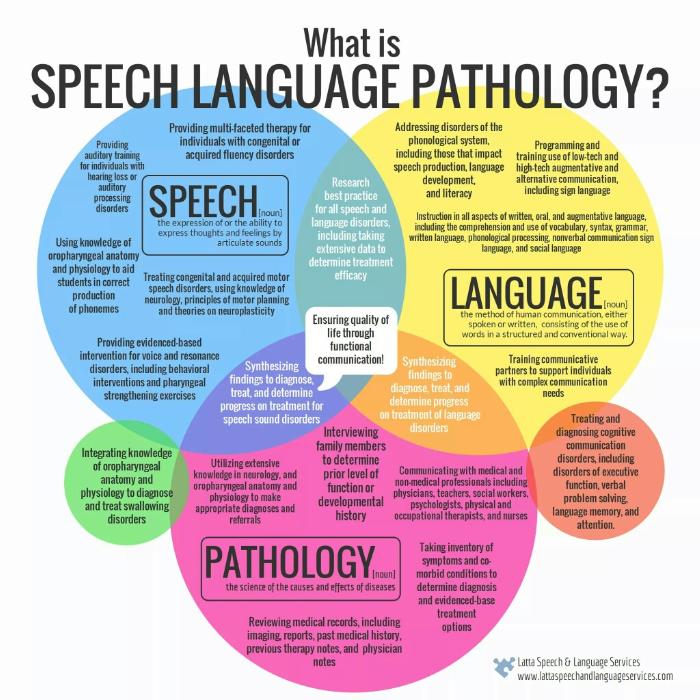- Cornwall Central High School
- Welcome
About
-
Hello! I am Jessica O'Connor, the Speech-Language Pathologist at CCHS. I have been a Cornwall dragon since 2015. My personal goal is to provide comprehensive speech and language therapy that supports the whole child. This is the belief that we will not just be focusing on tasks or assignments that are difficult (or maybe due the period after our speech session) but more that we will be improving ourselves as a whole. It is important to me that my students feel comfortable sharing triumphs and struggles throughout this school year.
Please do not hesitate to contact me with questions or concerns. The best way to reach me is through my email as I check it daily.
Contact
| Showing results for "Professor named Smith at Elementary School" |
- Jessica O'Connor M.S. CCC-SLP
We weren't able to find anything that matched your search criteria. Please try a new search.
What Is a Speech-Language Pathologist? By Susie S. Loraine, M.A., CCC-SLP
Diagram

General Information
-
A speech-language pathologist (SLP) is a highly-trained professional who evaluates and treats children and adults who have difficulty with speech or language. Although people often think of speech and language as the same thing, the terms actually have very different meanings.
- If your child has trouble with speech, he/ she struggles with the “how-to” of talking—the coordination of the muscles and movements necessary to produce speech.
- If your child has trouble with language, he/she struggles with understanding what he/she hears or sees. Your child may struggle to find the right words and/or organize those words in a meaningful way to communicate a message or hold a conversation.
Speech Disorders
-
• Articulation - the way we say our speech sounds• Phonology - the speech patterns we use• Apraxia - difficulty planning and coordinating the movements needed to make speech sounds• Fluency - stuttering, cluttering• Voice - problems with the way the voice sounds, such as hoarseness
Language Disorders
-
• Receptive Language - difficulty understanding language• Expressive Language - difficulty using language• Pragmatic Language - social communication; the way we speak to each other
Other Disorders
-
• Deafness/Hearing Loss - loss of hearing; therapy includes developing lip-reading, speech, and/or alternative communication systems• Swallowing/Feeding Disorders - difficulty chewing and/or swallowing
What Do SLPs Treat?
-
You can find SLPs in many different settings including schools, private clinics, hospitals, nursing homes, and public health agencies. In addition to these more common settings, you will find SLPs at universities, state and federal government agencies, health departments, and research laboratories. Some SLPs specialize in working with children, some with adults. If you are looking for an SLP for your child, it is important to locate a certified pediatric speech-language pathologist. The term certified means that the American Speech and Language-Hearing Association (ASHA) has given the SLP a Certificate of Clinical Competence (CCC) stating that he/she is skilled in providing therapy for speech and language disorders. You will know the SLP is certified if you see CCC in his/her credentials. Pediatric means the SLP specializes in working with children—this is important because testing techniques and treatment techniques are different for children and adults.There are several ways to find an SLP if you are concerned about your child's communication skills. Your school/school district should have a certified SLP that can observe and/or test your child for speech and language difficulties. Your local children's hospital will also have certified SLPs on staff. You will find them in departments such as: Department of Hearing and Speech, Clinic for Communication Disorders, or Developmental Clinic. Your family practitioner can also recommend an SLP. The American Speech-Language-Hearing Association (ASHA) provides a search engine to help you find a local, certified SLP in your area: http://www.asha.org/findpro/

